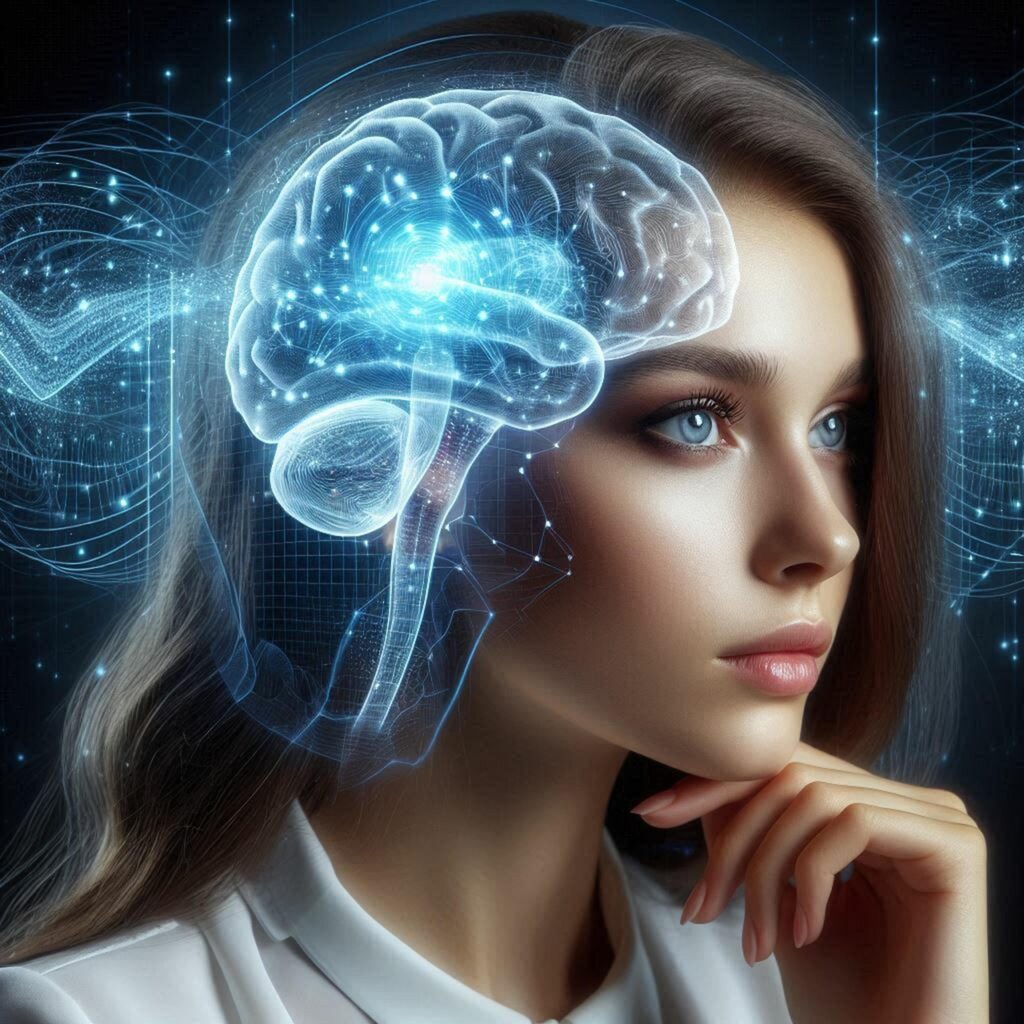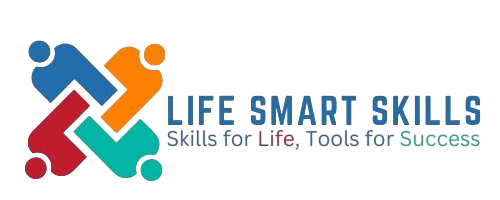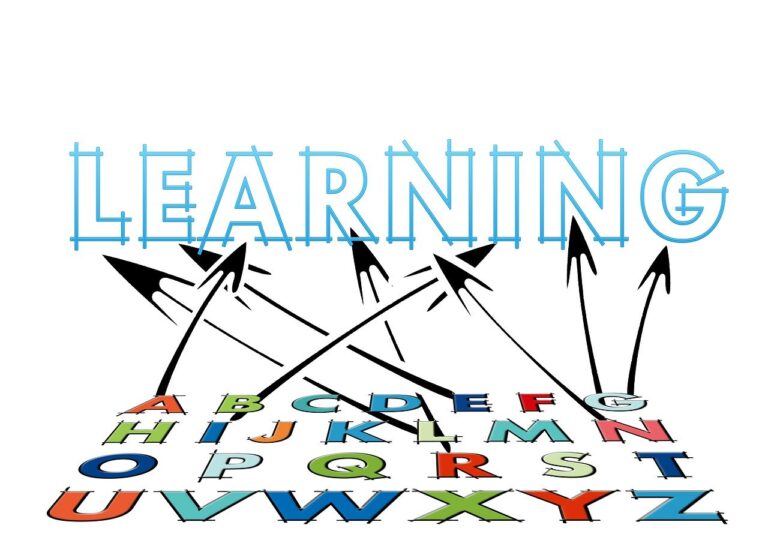Defining Emotional Development: A Comprehensive Guide to Understanding Human Emotional Growth
Introduction: The Emotional Journey of Human Growth
Defining Emotional Development : Have you ever wondered what truly defines our ability to understand, manage, and express our feelings? What invisible forces shape our emotional intelligence from childhood through adulthood? Defining emotional development is more than just a psychological concept—it’s the intricate roadmap of how we learn to navigate the complex landscape of human emotions.
Defining emotional developement is a critical process that begins in infancy and continues throughout our entire lives, influencing how we perceive ourselves, interact with others, and respond to the world around us. According to leading psychological research, our emotional skills are not fixed but are continuously evolving, shaped by experiences, relationships, and personal growth.
The Core Components of Emotional Development
Understanding Emotional Intelligence
Emotional development encompasses several key elements:

-
- Self-awareness: Recognizing and understanding one’s own emotions
-
- Emotional regulation: Managing and controlling emotional responses
-
- Empathy: Understanding and sharing the feelings of others
-
- Social skills: Effectively communicating and interacting based on emotional insights
Stages of Emotional Development
-
- Infancy (0-1 year)
-
- Basic emotional expressions emerge
-
- Development of attachment with primary caregivers
-
- Learning to regulate basic emotional states
-
- Infancy (0-1 year)
-
- Toddlerhood (1-3 years)
-
- Experiencing and expressing a wider range of emotions
-
- Beginning to understand emotional cause and effect
-
- Developing initial self-regulation skills
-
- Toddlerhood (1-3 years)
-
- Early Childhood (3-6 years)
-
- Enhanced emotional vocabulary
-
- Growing ability to recognize emotions in others
-
- Learning social-emotional interaction patterns
-
- Early Childhood (3-6 years)
-
- Middle Childhood (6-12 years)
-
- More complex emotional understanding
-
- Development of emotional coping mechanisms
-
- Increased empathy and perspective-taking
-
- Middle Childhood (6-12 years)
-
- Adolescence (12-18 years)
-
- Advanced emotional complexity
-
- Identity formation and emotional independence
-
- Sophisticated emotional regulation strategies
-
- Adolescence (12-18 years)
-
- Adulthood
-
- Continued emotional growth and refinement
-
- Deeper emotional intelligence
-
- Adaptive emotional responses to life challenges
-
- Adulthood

The Neuroscience Behind Emotional Development
Modern neuroscience reveals that emotional development is deeply rooted in brain structure and function. The limbic system, particularly the amygdala and prefrontal cortex, plays a crucial role in processing and regulating emotions.
Key Neurological Insights
-
- The amygdala processes emotional responses
-
- The prefrontal cortex helps manage and regulate these emotional reactions
-
- Neural plasticity allows continuous emotional learning throughout life
Factors Influencing Emotional Development
Several critical factors shape our emotional growth:
-
- Genetic Predisposition
-
- Inherited traits influence emotional temperament
-
- Genetic variations can impact emotional regulation capabilities
-
- Genetic Predisposition
-
- Environmental Influences
-
- Family dynamics and parenting styles
-
- Cultural and social experiences
-
- Early childhood interactions and attachments
-
- Environmental Influences
-
- Personal Experiences
-
- Traumatic or supportive life events
-
- Educational and social environments
-
- Individual coping mechanisms and resilience
-
- Personal Experiences
Strategies for Healthy Emotional Development
For Parents and Caregivers
-
- Create a supportive, emotionally safe environment
-
- Model healthy emotional expression
-
- Validate children’s emotional experiences
-
- Teach emotional regulation techniques
For Individuals
-
- Practice mindfulness and self-reflection
-
- Develop emotional literacy
-
- Seek professional support when needed
-
- Engage in continuous personal growth
Common Challenges in Emotional Development
Potential Obstacles
-
- Childhood trauma
-
- Inconsistent emotional nurturing
-
- Lack of emotional education
-
- Mental health challenges
Overcoming Emotional Development Barriers
-
- Professional counseling
-
- Emotional intelligence training
-
- Support groups
-
- Personal development workshops
The Long-Term Impact of Emotional Development
Effective emotional development contributes to:
-
- Healthier relationships
-
- Better mental health
-
- Improved decision-making
-
- Enhanced professional success
-
- Greater overall life satisfaction
Conclusion: Your Emotional Journey Matters
Defining emotional development is about recognizing the dynamic, lifelong process of understanding and managing our feelings. It’s a personal journey of growth, resilience, and self-discovery.
Call to Action: Reflect on your emotional journey. Share your experiences, insights, or challenges in the comments below. Subscribe to our newsletter for more in-depth psychological insights and personal growth strategies!
Frequently Asked Questions
Q1: Can emotional development be improved in adulthood? A: Absolutely! Emotional intelligence is a skill that can be developed and refined throughout life through conscious effort, learning, and practice.
Q2: How long does emotional development take? A: Emotional development is a continuous process that spans an entire lifetime, with significant growth occurring in childhood and adolescence.
Q3: Are some people naturally more emotionally intelligent? A: While some individuals may have a genetic predisposition, emotional intelligence can be learned and improved through dedicated effort and practice.
Q4: What role do relationships play in emotional development? A: Relationships are crucial, providing experiences, feedback, and opportunities for emotional learning and growth.
Q5: Can therapy help improve emotional development? A: Yes, therapy can be an excellent tool for understanding, processing, and enhancing emotional skills and overall emotional intelligence.







